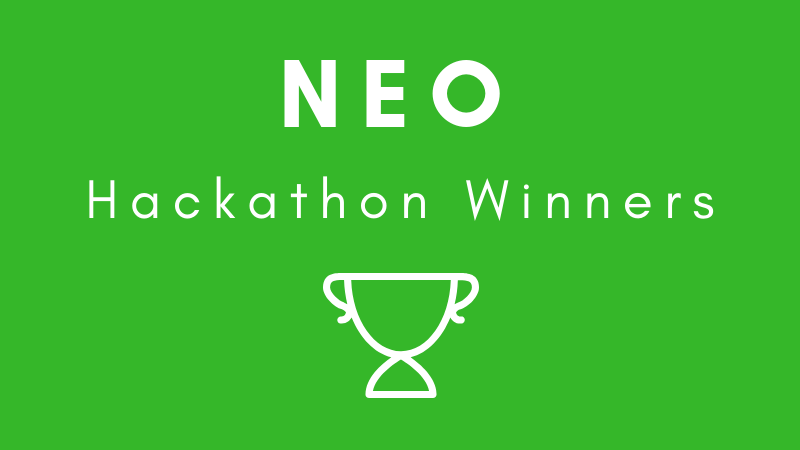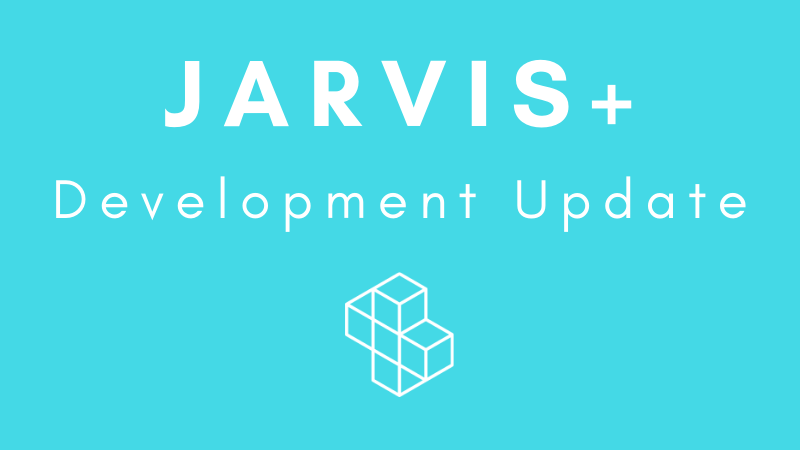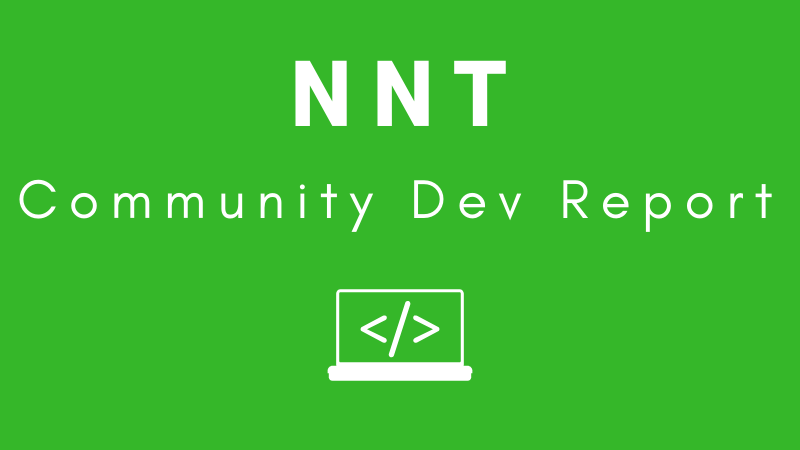
November 23rd through 25th, NEO hosted a track challenge at the 2018 Junction Hackathon, held at Aalto University in Espoo, Finland. Hack Junction attracted over 1,300 developers, designers, and technologists who gathered for a weekend of product development across a series of tracks. Hackathon participants were able to choose from 11 tracks and 46 challenges such as blockchain, AI and big data, internet of things (IoT), and intelligent infrastructure, among others.
NEO was among three participants in the blockchain track, alongside Bytom and PChain. Each blockchain had its own unique track challenge, with NEO adopting a theme of Decentralized Autonomous Organization (DAO) voting. Using NEP-5 standards, participants developed voting applications using smart contracts. NGD encouraged developers to be creative in their voting condition assumptions and to explore a variety of creative conditions that must be fulfilled to allow voting on the blockchain.
NEO Global Development (NGD) was represented at the event by Jiaying Li, NGD Senior Manager, and community developers Zdravko Georgiev (@insomnia on Discord) and Yasen Mihaylov (@yasenm on Discord).
Following Li’s presentation to attendees, community developers Insomnia and Yasenm hosted a workshop to help participants learn how to write smart contracts on the NEO blockchain.
NEO was also invited, along with the other two blockchain platforms, to participate in a panel discussion with the event hosts. The discussion can be found at the link below:
https://youtu.be/ceJsuMj31zQ?t=3937
The Junction Hackathon attracted an international group of developers, which is exhibited in the nationalities of the top three teams that participated in the NEO track challenge.
First Place: Infinito Phoenix University DAO Voting
The Infinito Phoenix University DAO Voting team was comprised of five developers Pham Minh Tuan, Vu Tung Duong, Luu Quang Tung, Lam Ha Thai, and Hoang Son Tung of Vietnam. In addition to winning the NEO challenge, the team also won first place in the overall blockchain track (which also included Bytom and PChain projects).
The project developed a university DAO voting mobile application based on NEO. Using tokens, students are able to contribute ideas and create a channel of communication with the school. In this model, students are provided with a number of tokens that correlates with their GPA from the previous term. The tokens will be used to open and vote on proposals.
Additionally, the weighting of their votes will be based on the voters “merit.” Merit will be broken down accordingly:
- Class A: Top 15% of the class
- Class B: Next 25% of the class
- Class C: Bottom 60% of the class
The more tokens added to the proposal, the longer the voting time period will remain open. For a proposal to be approved there must be a larger portion of tokens that vote to agree. In addition to the number of tokens staked on a proposal, the merit score of the voters will be taken into account.
To prevent any voter-bias there might be, voting stats will be hidden for the duration the vote is open.
To see the source code from the GitHub repository visit the following link:
Second Place: Onguard
The Onguard team was comprised of individuals from Germany, Peru/Italy, Turkey/Finland, and Spain. The four teammates included Alexander Jagaciak, Giancarlo Giuffra, Hazal Alkan, and Albert Acebron. The professional and educational background of the team includes a PhD candidate in Blockchain Technologies, diverse developers, and a UX designer, with varying experience building with blockchain.
The Onguard project addresses current voting systems that have multi-layered issues that affect both the participants who vote and the actual election processes. Onguard proposes a solution that will allow voters to prove their identity, vote anonymously, and check the status of their vote.
The underlying algorithm is “T.HE” which will allow votes to be aggregated, without decrypting each vote individually. According to Acebron, the team achieved this by “using threshold homomorphic encryption and building a protocol around it, which allows for the votes to be sent encrypted while making it possible to compute the result of the election and decrypt it.”
Additionally, all validators will have to reach consensus prior to approving the decryption of any information.
To see the source code from the GitHub repository visit the following link:
Third Place: Fairvote
The Fairvote team was comprised of Ilya Sergeev and Roman Opyakin of Russia. Prior to participating at the Junction Hackathon, Ilya, a data scientist, had worked on several projects on the Ethereum and EOS blockchain, but this was his first experience with NEO. Roman’s development experience dates back about two years, and this hackathon was the first time he’d worked with blockchain.
The Fairvote project was oriented around the development of a fair and secure voting system. The team focussed on removing any potential fraud vectors from a voting situation, as well as creating a product that is user-friendly, stable, and improves voter turnout.
Initially, the team was comprised of five individuals, but Ilya and Roman sought to solve a concrete problem, so they joined the NEO track. The topic of DAO voting was new to Roman, and he “wanted to learn more about blockchain and NEO in particular.”
Moving forward, both members of team Fairvote have expressed interest in working with the NEO blockchain in future hackathons.
To see the source code from the GitHub repository visit the following link:







About The Author: Dylan Grabowski
Dylan is a reformed urban planner with a passion for covering the Neo ecosystem. His objective as a writer for Neo News Today is to report news in an objective, fact-based, non-sensational manner. When not behind a computer screen, he can be found in the mountains rock climbing. Find Dylan on Twitter (@GrabowskiDylan).
More posts by Dylan Grabowski